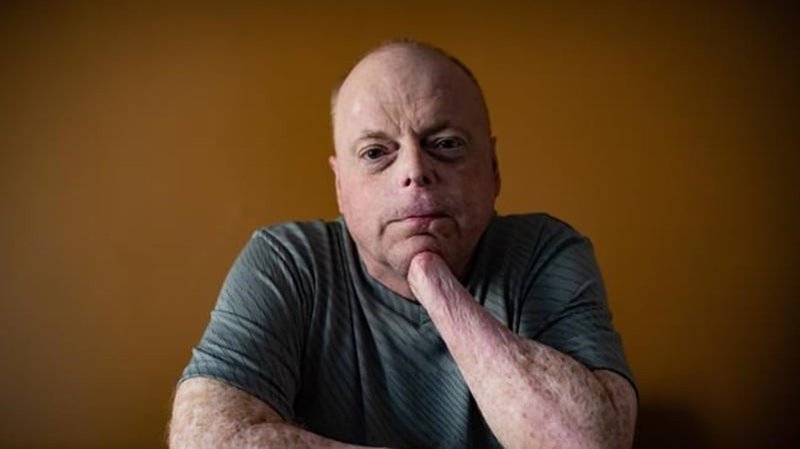
B.C. man prepares to be first to receive double-hand transplant in Canada
VANCOUVER — When Rick Thompson’s doctor told him a surgical team was going ahead with his double-hand transplant in the middle of the COVID-19 pandemic, his first reaction was surprise.
“We’re targeting August, maybe early September,” he said in a recent interview.
“I was even shocked when (the doctor) told me. I met him last week and I asked him for a ballpark time frame. And he said August, and I said ‘Oh, OK.’ I wasn’t quite ready for that.”
Thompson moved to Ontario from British Columbia in April to prepare for the surgery in London. It involves medical and psychological tests, as well as finding a donor.


